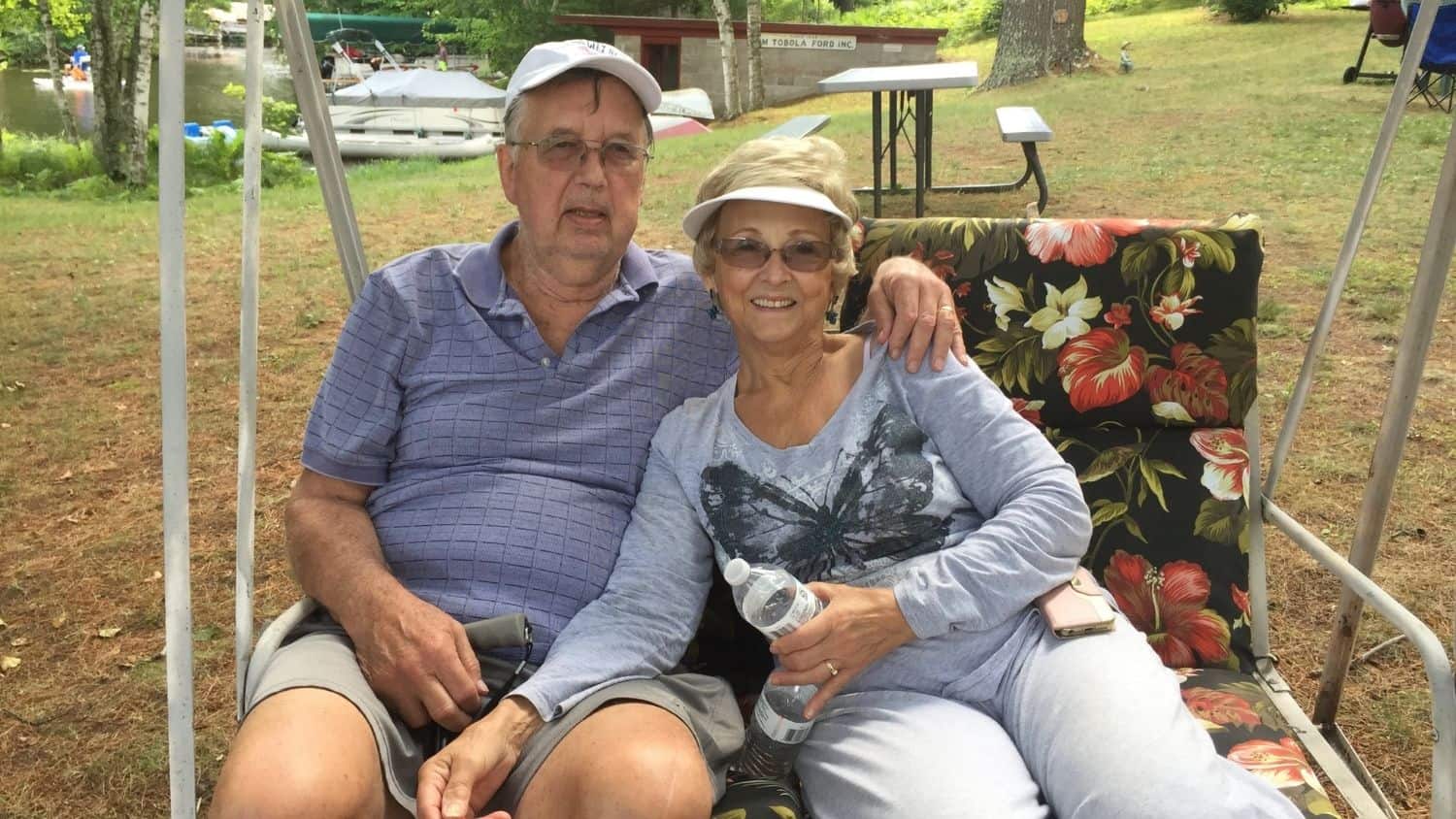
The Financial Side of Caregiving
Rosalynn Carter said it first, and I think said it best: “There are only four kinds of people in the world: those who have been caregivers, those who are currently caregivers, those who will be caregivers, and those who will need caregivers.” Which category do you or perhaps will you be likely to fall into? Do you know anyone who is currently a caregiver?
Caregiver Stress
Whether you have already had direct experience or know a friend or family member who has, you likely understand how stressful that role can be. In addition to physical and emotional stress, a caregiver also often has to deal with financial stress as well. All of those stressors contribute to this shocking statistic – up to 60% of caregivers will pass away before the one they are providing care for!
Caregiver Health
Whether we are talking about caregiving for a spouse, parent, or other family member/friend, the stress level can be very significant and often continue over a prolonged period of time. Stress produces what I call “negative, slowly killing you” chemicals in your body, like cortisol.
Cortisol is important for our bodies to function normally but too much can be bad for our health. It can increase heart rate, elevate blood pressure, trigger weight gain or lead to diabetes or other health problems.
Caregiver Tendency
The bottom line is that caregivers need to intentionally seek ways to reduce their physical, emotional, and financial stress in order to maintain their own health. My mother was a caregiver for my father, and I’ve known many women who were caregivers at some point in their lives.
It’s often difficult for them to see or commit to taking the time to accept help in various areas that can help to reduce their stress. They put caregiving for themselves on the back burner.
Caregiver Zoom
Recently, I was invited by a nonprofit agency to speak to a caregiver support group virtually about the financial side of caregiving. These days, when free workshops are offered online, it’s very common to get lots of sign-ups but very few actually attend.
This workshop, however, had 85% attendance of those that had registered. It’s often difficult for caregivers to get out of the house, so a virtual option has been a blessing. All of the attendees were women, and one woman had her husband, who she provides care for, sit in on the meeting with her (off-camera) so they could learn together.
Caregiver Finance
Because of my experience with family and clients, I continue to offer workshops for women who are single, who may be caregivers, or who are helping aging parents. There is a lot of detail in the financial arena that we often have not been taught about along the way.
Financial Stress
I share three steps that I have found to be extremely helpful in minimizing financial stress for women, especially in a caregiving situation. My mother and several clients are living proof that these tasks can significantly reduce the stress of an already difficult situation.
Step 1: Take Financial Inventory
First, you cannot utilize your financial resources or make wise money decisions until you have a good handle on what you have. I call that a financial inventory. The tool you use to compile that information is a net worth statement (I designed a very detailed net worth pdf that does the math for you!).
You can avoid one of the most common estate planning mistakes, not having a list of assets, by compiling an “I Own, I Owe” list (aka net worth statement) to use right now.
Step 2: Complete Estate Planning Documents
Second, make sure you have estate planning documents in place and that they reflect your current wishes and same for the one you are caring for. One of caregivers’ biggest worries is “what happens if I am gone first?”
At a minimum, all parties involved should include a will and/or trust, Durable (Financial) Power of Attorney, Health Care Power of Attorney, (and Mental Health Care Power of Attorney in some states) and Living Will.
If your documents are more than 3-5 years old, and you do not see any changes that need to be made, it is still prudent to call your estate planning attorney to see if there have been any law changes that may require updated wording in the documents.
Step 3: Confirm Desired Asset Allocation
Last, go back to your net worth statement and look closely at the details. You may have some homework to do. Check out one of my past blogs to confirm if you have told your assets where to go.
What I mean by that is first, does the title of each non-retirement account/property say where that account goes after you or a loved one passes? To accomplish that, the account/property could be titled in the name of your trust, be titled as joint with rights of survivorship, or include a POD (Payable on Death, at the bank) or TOD (Transfer on Death, at the investment institution/property deed) designation.
And secondly, do you have primary as well as contingent beneficiaries listed on your retirement, annuity, or life insurance accounts? Use your net worth statement as the checklist to confirm account/property titles and beneficiary designations are currently reflecting your wishes.
Avoiding Probate
Remember, account titling and beneficiary designations act as a mini-will on each account to tell the custodian (i.e., the bank or investment firm) where the account goes after you are no longer alive.
If there is no beneficiary/survivor listed on the account/property, then the will/trust will dictate where it goes, BUT it must go through probate first in order to get distributed by the will/trust. And probate is a court process that will have a cost and a delay associated with it.
The financial side of life can be stressful for many, with or without caregiving as part of the picture. Why not get your financial house in order now with these three steps as another way to help maintain your health no matter which of Rosalynn Carter’s categories you fall into?
Have you had any experience with caregiving that could be helpful to share with others? What do you wish you would’ve known that you encourage other women to be aware of? Let’s have a discussion!






